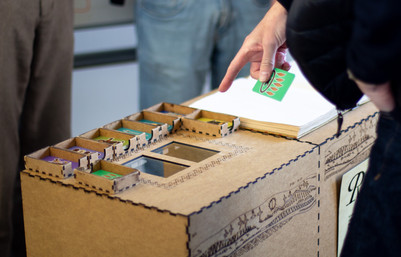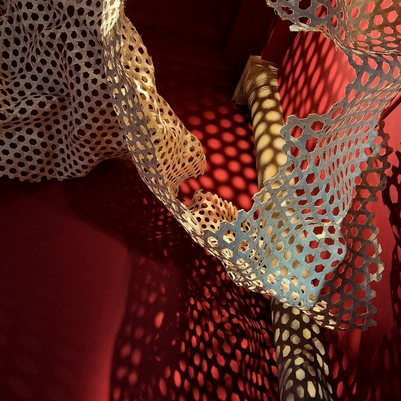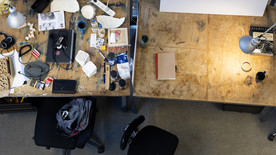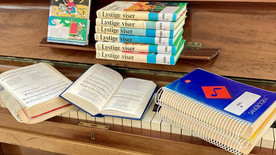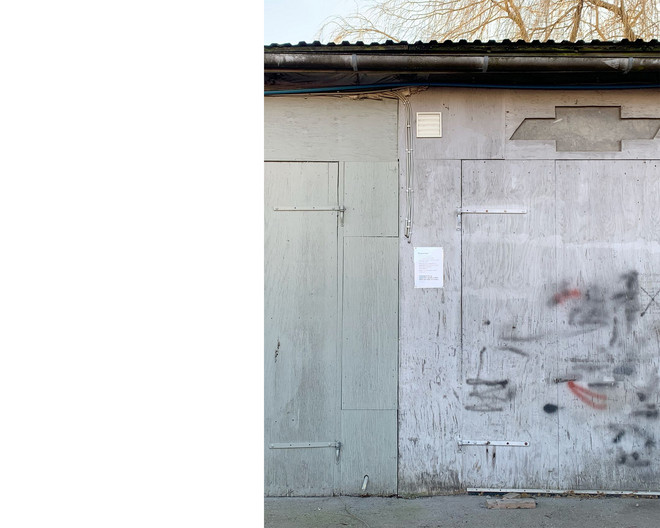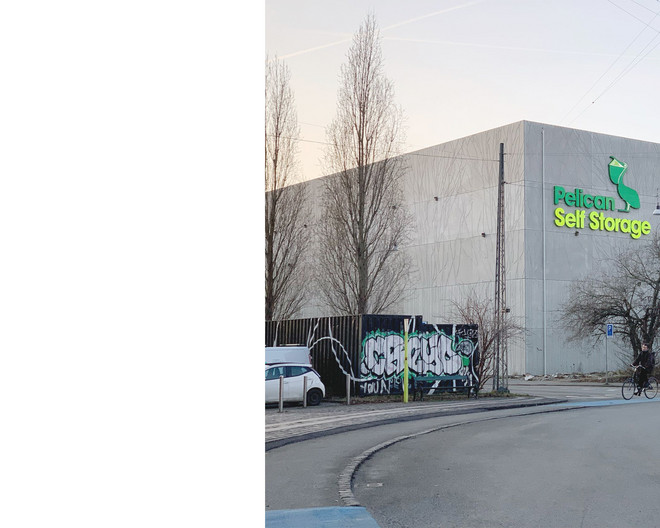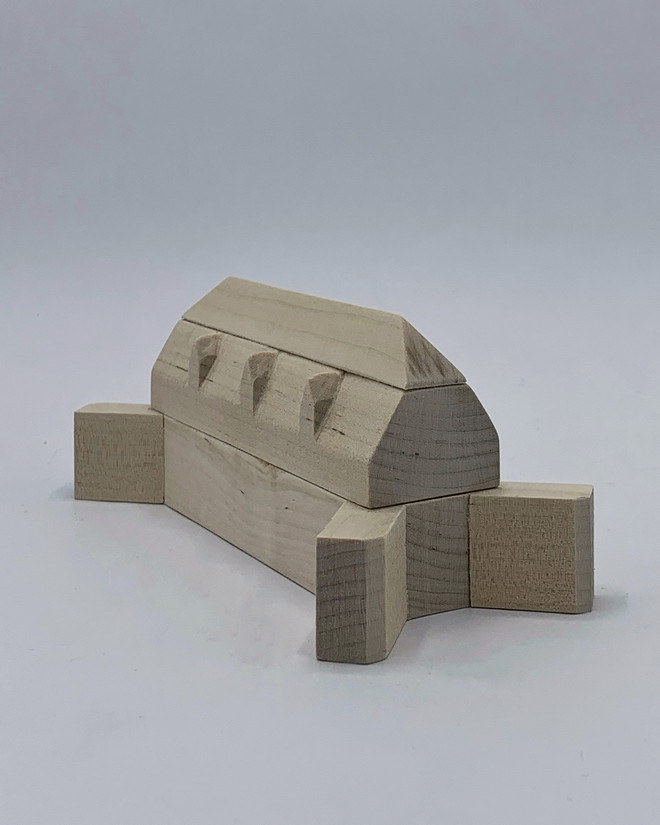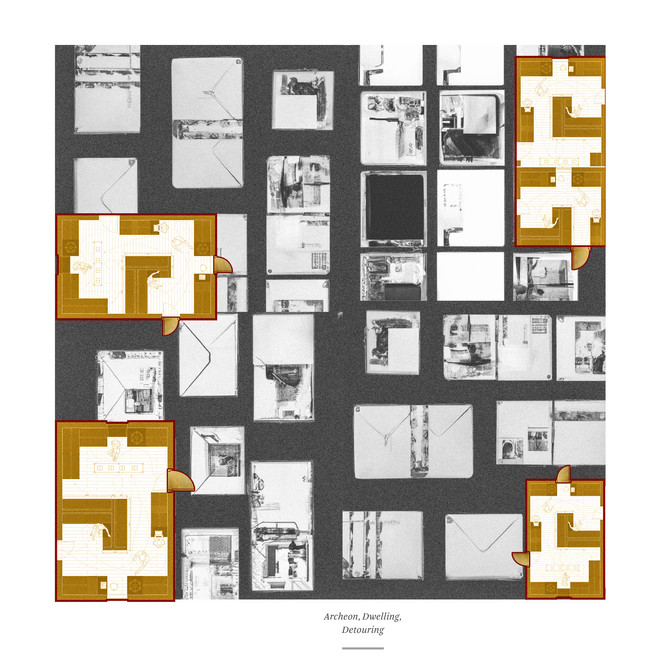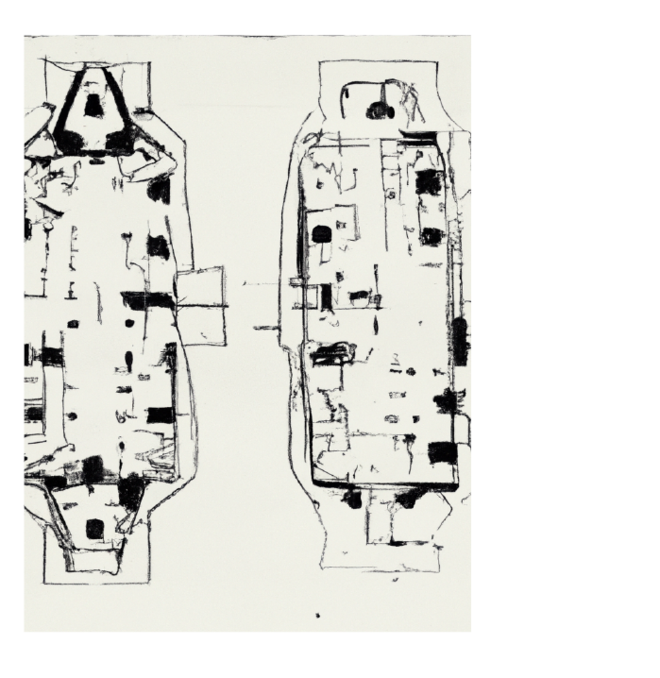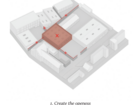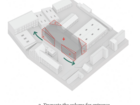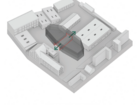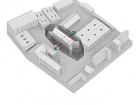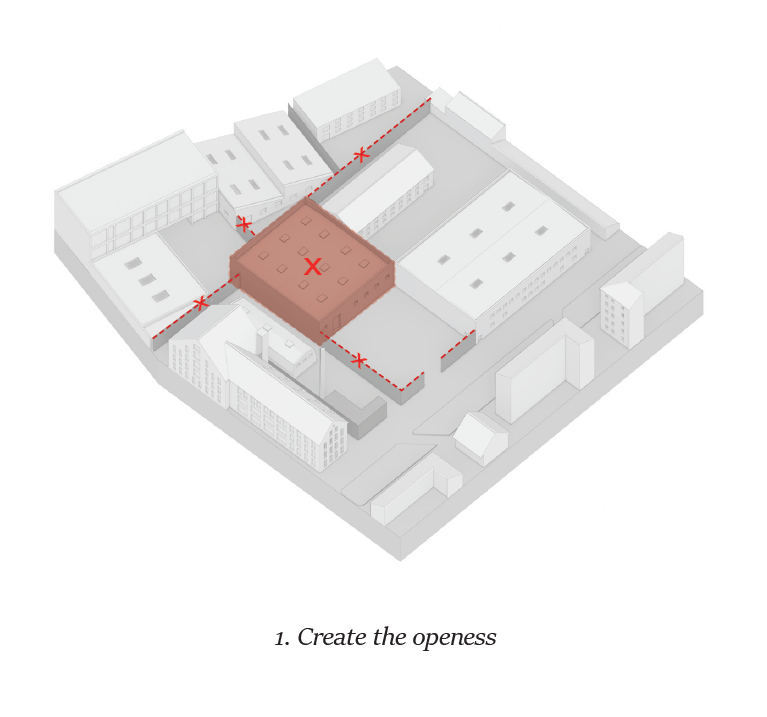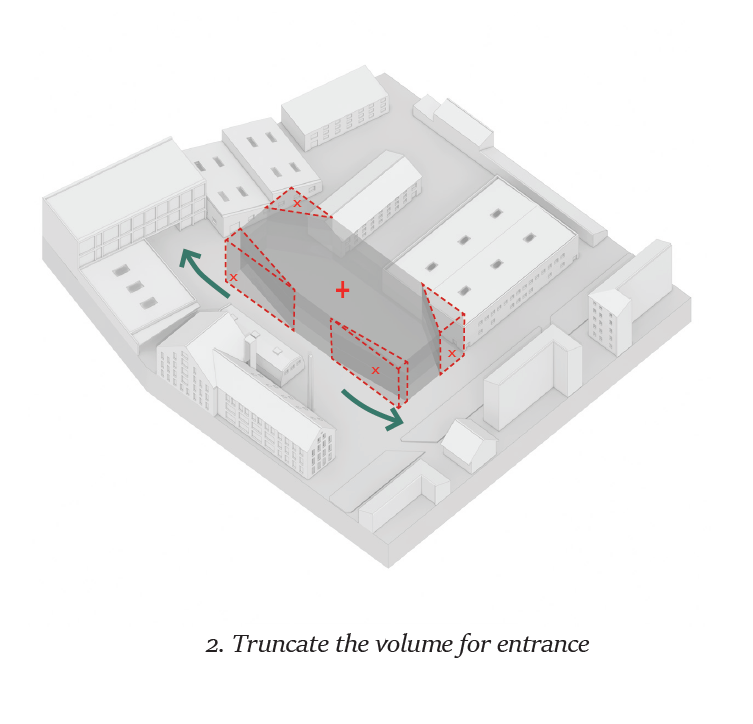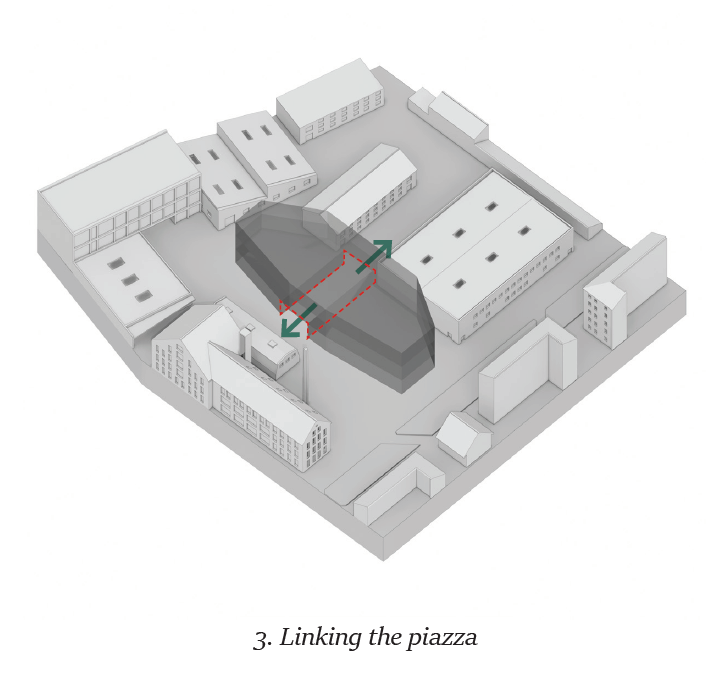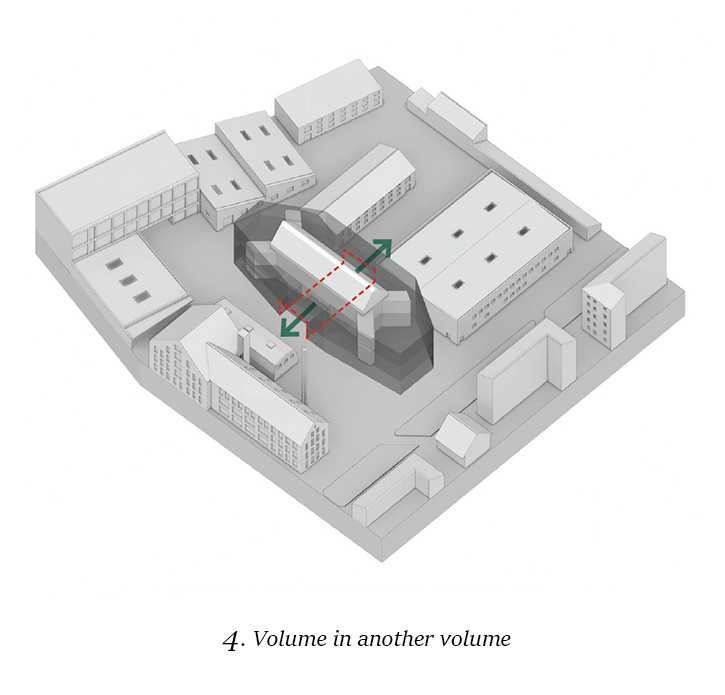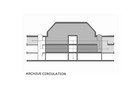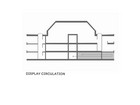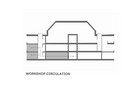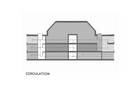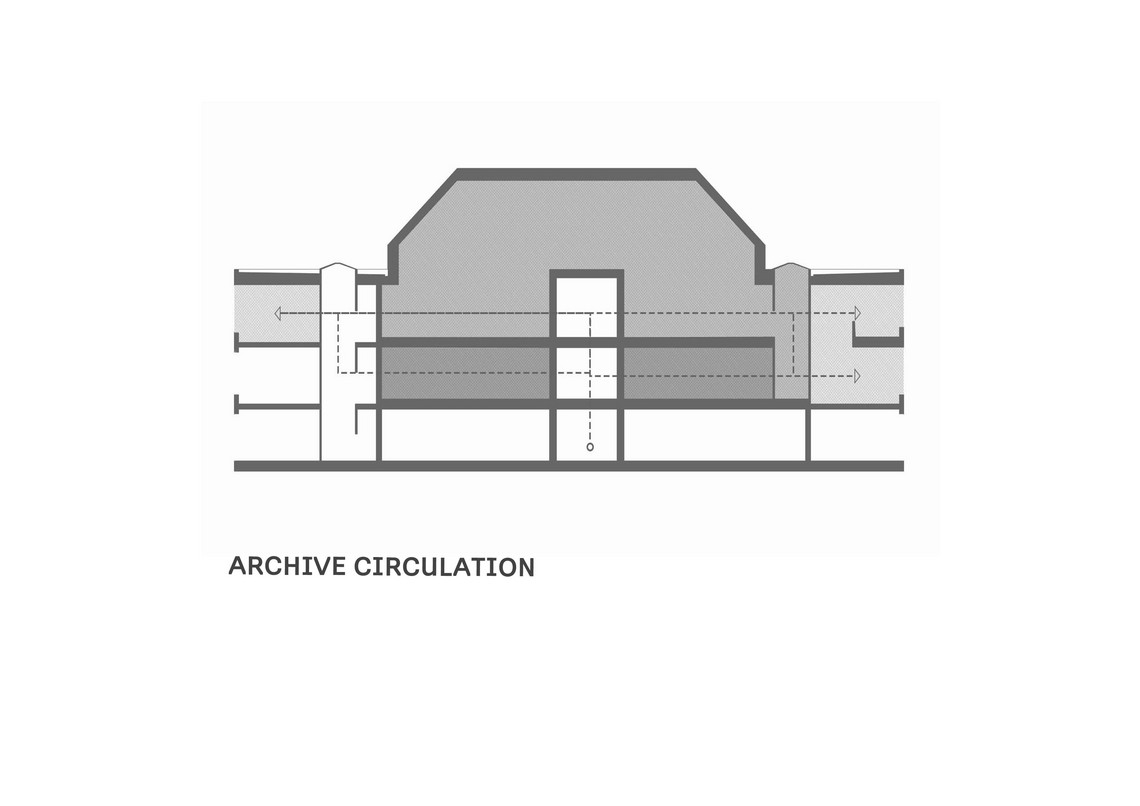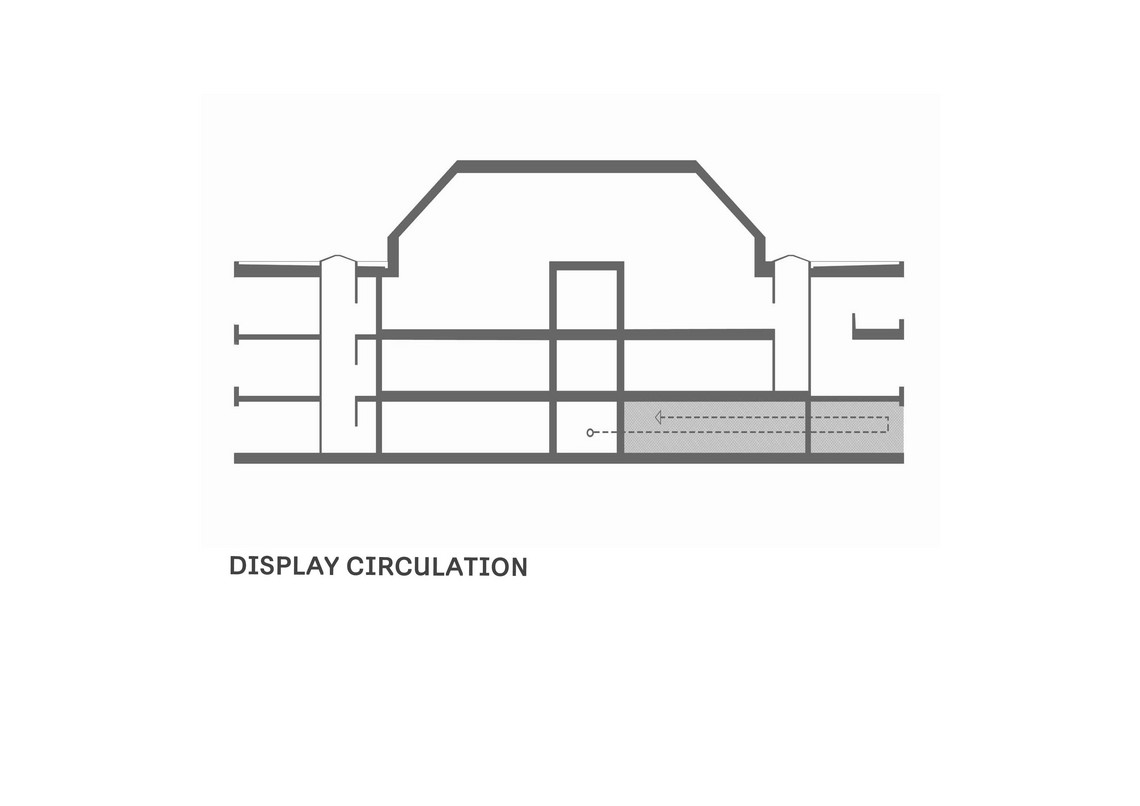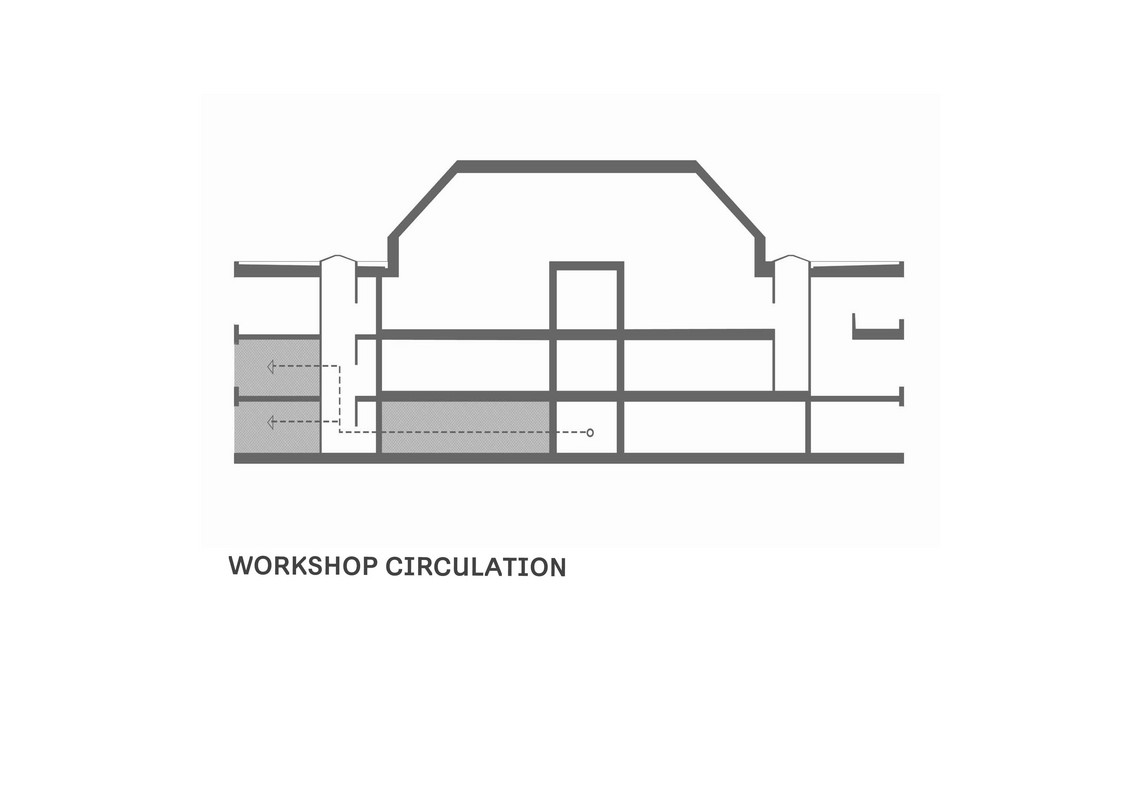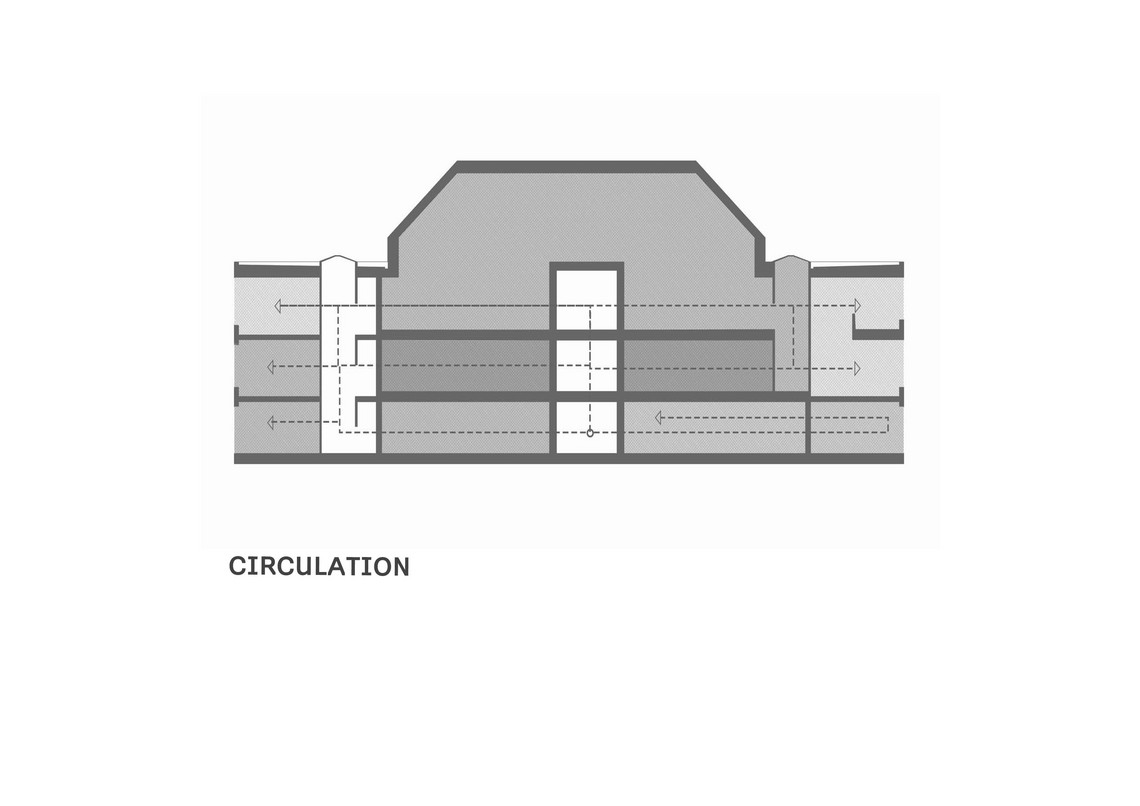

The Archive of Memex - To Dwell in Our Retentional Finitude
Archives constantly oscillate between the public domain and private domains, asserting their ownership. Magazines, embodying the Zeitgeist, also be sealed with time and ownership. In a transformed industrial area in Amager, I hope that magazines will enter an archive, to be mended by our own hands, witnessed and studied by our own eyes, and to find memory marks that belong to those eras and ours.
Amager Øst has undergone a significant transformation in recent years, transitioning from an industrial hub to a bustling commercial and residential area. While this transformation has brought new developments and opportunities to the area, it has also created a void in terms of public cultural facilities.
To address this issue, I propose the creation of a small public cultural facility, specifically a library and archive for the adult population. This facility would not only provide a reason for pedestrians to linger and enjoy its offerings but also serve as a demonstration of the importance of public cultural and educational spaces in a rapidly changing area like Amager Øst.
Memex: In 1945, Vannevar Bush's article "As We May Think" presented an innovative concept that sparked the imagination of many. His invention, Memex, was a pioneering electronic memory device that allowed individuals to store and organize all their books, records, and correspondence in a single location. Bush's vision was to create a tool that would aid individuals in managing the vast amounts of information available to them, allowing them to extract and use the relevant data at will.
As one may delve deeper into the complexities of Memex, the Rapid Selector, and the Mundaneum, the similarities between these devices and our bodies become increasingly apparent. The way that these machines organize and store information is reminiscent of the way that our minds and bodies work. This is a remarkable insight that highlights the intersection between technology and forensic nomology.


Citizens contribute overdue magazines, journals, or even periodicals, in return, they receive regular lectures, online resources, and discounts on the sale of second-hand books. Artisans and artists impart their knowledge in printing, bookbinding, and creative utilization of second-hand resources. Scholars can lead public discussions on past cultural and societal phenomena by means of electronic clippings, and share their knowledge with the public through seminars.

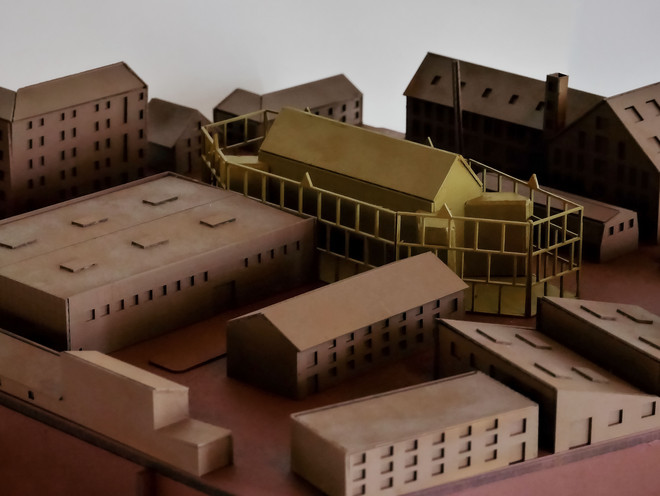
In this domiciliation, in this house arrest, those archives take place. The dwelling, this place where they dwell permanently, marks this institutional passage from the private to the public, which does not always mean from the secret to the nonsecret. (It is what is happening, right here, when a house, Freud's last house, becomes a museum: the passage from one institution to another.)
-Archive Fever A Freudian Impression, p3, Jacques Derrida
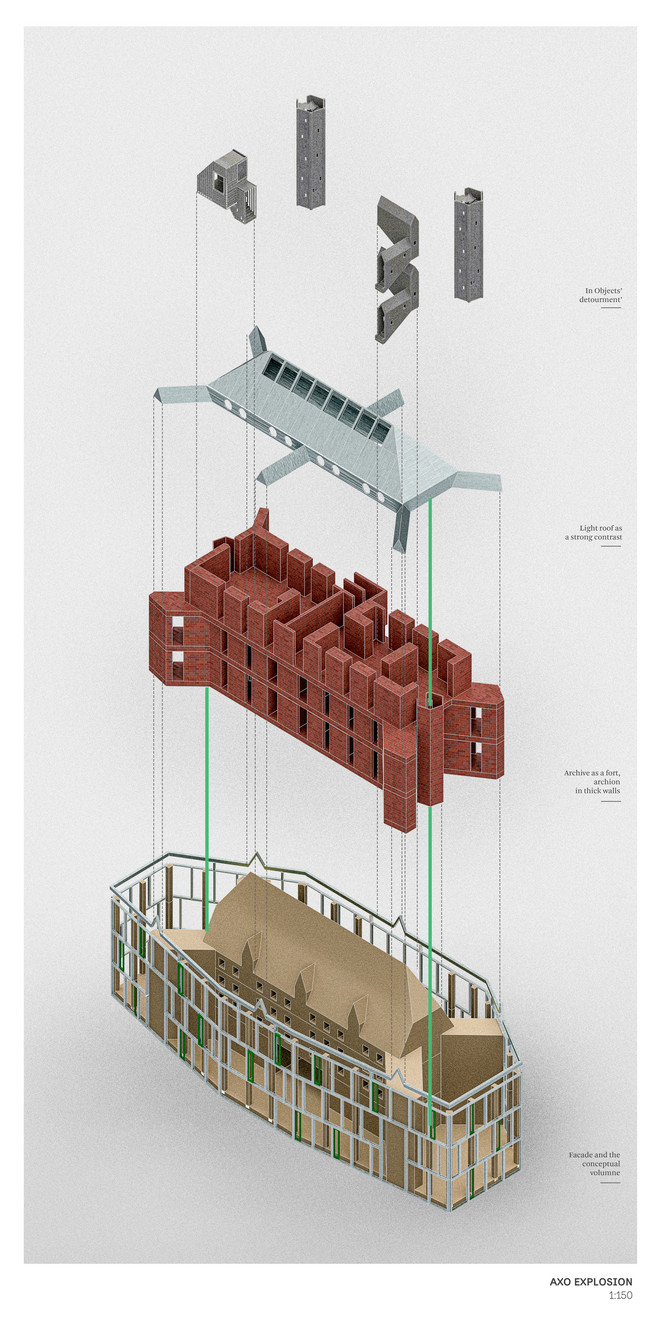
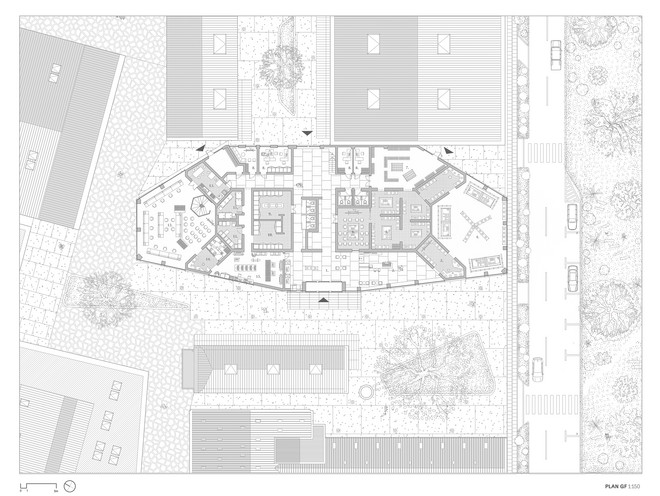





Methodical composition distracts me from the present condition of humanity. The certainty that everything has already been written annuls us, or renders us phantasmal. I know districts in which the young people prostrate themselves before books and like savages kiss their pages, though they cannot read a letter.
- The Library of Babel, p7, Jorge Luis Borges, 1941

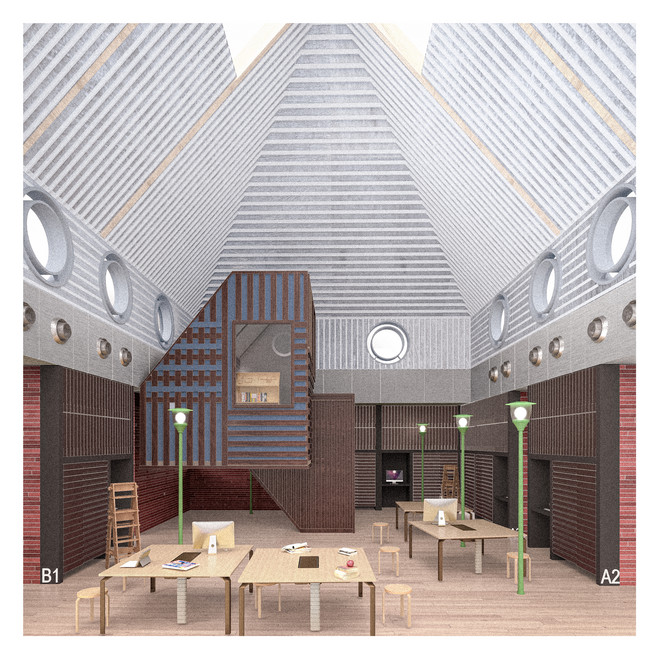



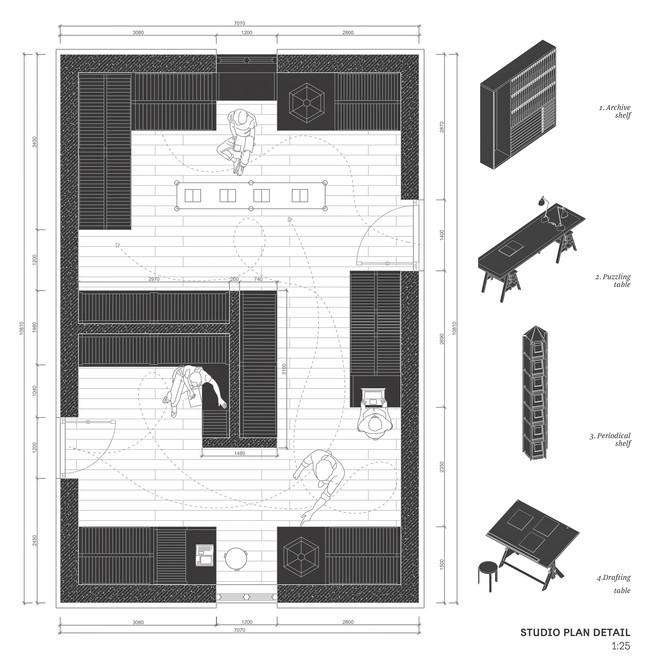
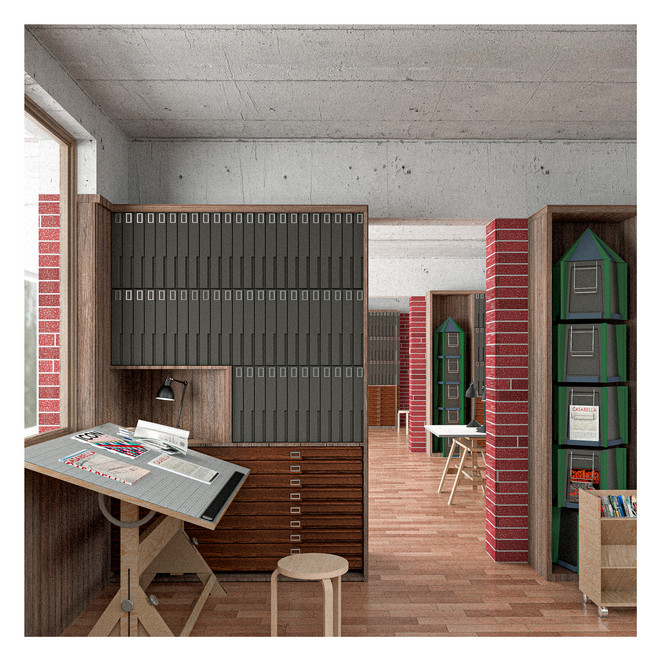
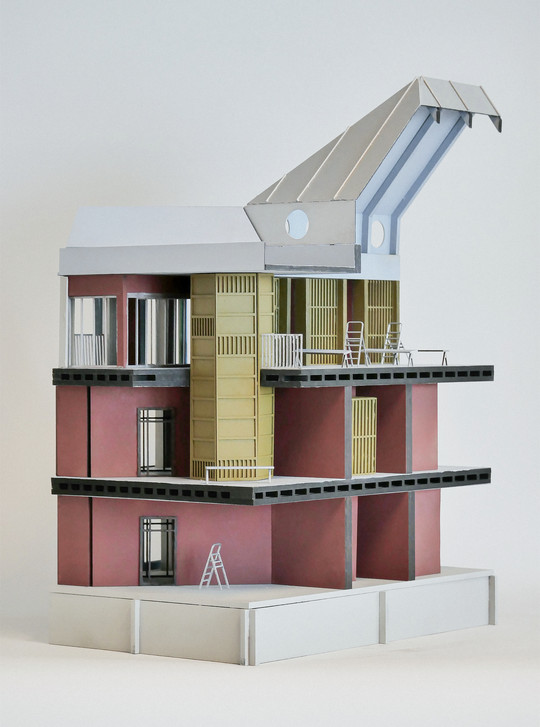

Preservation and extinction are the two sides of archives, which
arranged by power and also vanish in it. In Amagër, a transformed
industrial district, I hope that a magazine that embodies as the Zeitgeist
can enter the archive. We will mend it with our own hands, witness
and study it with our own eyes, and let the archive survive in personal
narratives.
Det Kongelige Akademi understøtter FN’s verdensmål
Siden 2017 har Det Kongelige Akademi arbejdet med FN’s verdensmål. Det afspejler sig i forskning, undervisning og afgangsprojekter. Dette projekt har forholdt sig til følgende FN-mål









